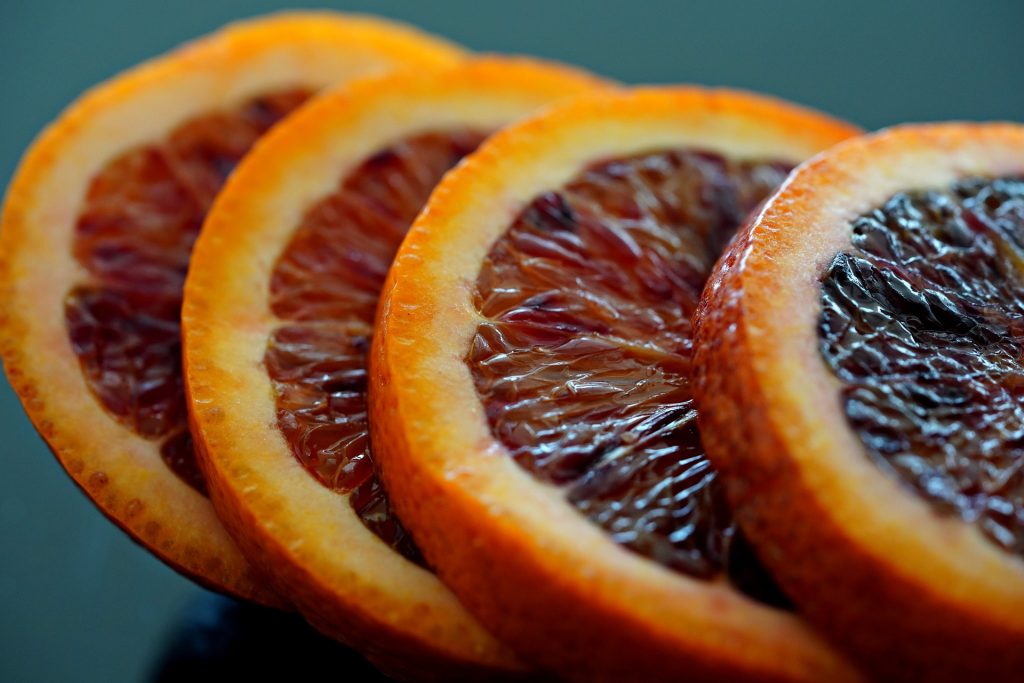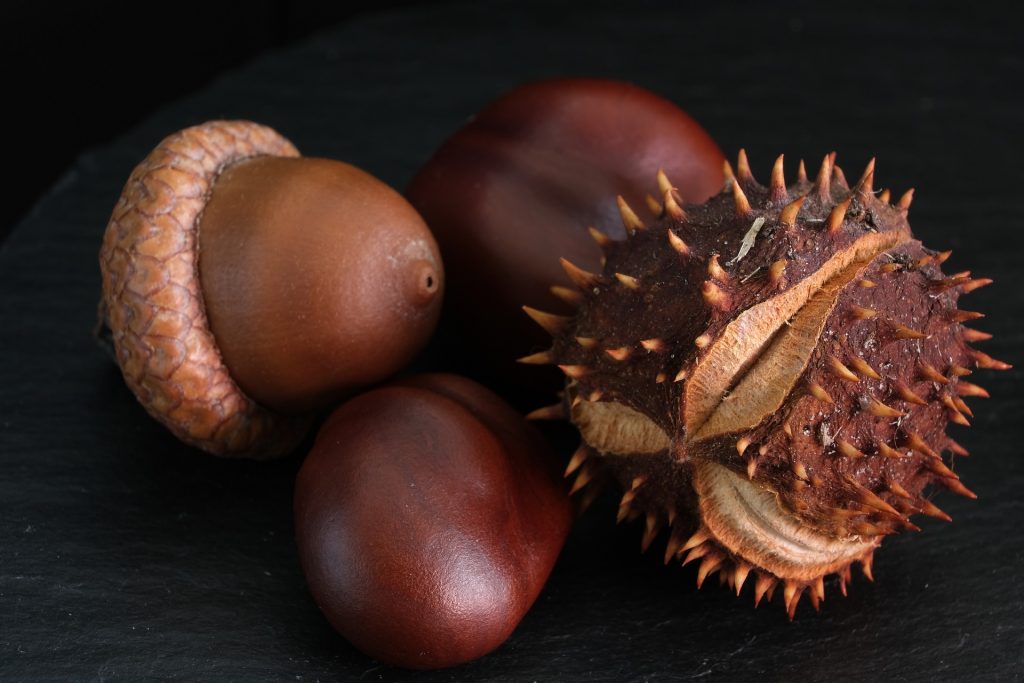How does nutrition affect your sleep ?
How does nutrition affect your sleep ?
How does nutrition affect your sleep ?

1. Hormone Regulation
Certain nutrients influence the production of sleep-regulating hormones like melatonin and serotonin. For example, tryptophan (found in foods like turkey and dairy) is a precursor to serotonin, which is then converted to melatonin.
2. Blood Sugar Levels
Eating foods high in sugar or refined carbs can lead to spikes and drops in blood sugar levels, potentially disrupting sleep.
3. Digestive Comfort
Heavy or fatty foods can cause indigestion or discomfort, leading to poor sleep quality.
4. Stimulants and Sedatives
Caffeine and alcohol can significantly disrupt sleep patterns. While alcohol might induce drowsiness, it often leads to fragmented sleep.

Foods that help you sleep
1. Almonds and Walnuts
Rich in magnesium and melatonin, both of which help promote sleep.
2. Turkey and Chicken
High in tryptophan, an amino acid that increases the production of serotonin, which is then converted to melatonin.
3. Cherries
One of the few natural food sources of melatonin.
4. Dairy Products
Milk, yogurt, and cheese contain tryptophan and calcium, which can aid in sleep.
5. Fatty Fish
Such as salmon, tuna, and mackerel, which are high in vitamin D and omega-3 fatty acids, both of which have been shown to improve sleep quality.
6. Oats
A natural source of melatonin, and they also contain complex carbohydrates that can help more tryptophan get into the brain.
7. Bananas
Packed with potassium and magnesium, which are natural muscle relaxants.
8. Chamomile Tea
Contains antioxidants that promote sleepiness and reduce insomnia.
9. Kiwi
Rich in serotonin and antioxidants, both of which may improve sleep quality when eaten before bed.
10. Whole Grains
Like barley and bulgur, they provide magnesium which can help improve sleep quality.
Eating these foods as part of a balanced diet can help improve sleep quality, especially when consumed in the evening or as part of a bedtime routine.
Foods that avoid before sleep
1. Caffeine
Found in coffee, tea, chocolate, and some soft drinks. It can keep you awake and should be avoided in the hours leading up to bedtime.
2. Spicy Foods
Can cause heartburn or indigestion, making it harder to fall asleep.
3. High-Fat and Greasy Foods
These can be difficult to digest and may lead to discomfort.
4. Alcohol
Although it may initially induce sleepiness, it can disrupt your sleep cycle later in the night.
5. Sugary Foods and Refined Carbohydrates
Can cause a spike in blood sugar, leading to restless sleep.
6. Heavy Meals
Eating large or heavy meals before bed can lead to discomfort and indigestion.
It’s best to consume lighter, easily digestible foods if you need a snack before bedtime.

How to improve sleep and diet
Improving sleep and diet involves a combination of good sleep hygiene and nutritious eating habits:
1. Establish a Regular Sleep Schedule
Go to bed and wake up at the same time every day, even on weekends, to regulate your body’s internal clock.
2. Create a Restful Environment
Ensure your bedroom is dark, quiet, and cool. Consider using earplugs, eye shades, or white noise machines if needed.
3. Limit Caffeine and Alcohol
Avoid caffeine and alcohol close to bedtime as they can disrupt sleep.
4. Eat a Balanced Diet
Focus on a diet rich in fruits, vegetables, whole grains, and lean proteins. A well-balanced diet supports overall health, including sleep.
5. Avoid Heavy Meals Before Bed
A light snack is okay, but eating heavy or large meals can cause discomfort and disrupt sleep.
6. Stay Active
Regular physical activity can promote better sleep, but avoid vigorous workouts close to bedtime.
7. Manage Stress
Practice relaxation techniques like deep breathing, meditation, or yoga to reduce stress and promote better sleep.
8. Monitor Your Sleep
Consider using sleep tracking devices (like those offered by SLEEPON) to understand your sleep patterns and make adjustments accordingly.
By adopting these habits, you can improve both your sleep quality and dietary choices, leading to better overall health.
Optimize Your Sleep Experience with SLEEPON

While exploring the connection between nutrition and sleep, don’t forget the significance of sleep quality.
Here, SLEEPON plays a pivotal role. Offering advanced sleep tracking technology, SLEEPON helps you better understand your sleep patterns and provides personalized recommendations for improvement based on your unique needs.
Whether you’re looking to enhance your sleep strategies or gain deeper insights into your sleep habits, SLEEPON’s products are here to support you. With SLEEPON’s smart devices, you can track your sleep quality and analyze how improving your dietary habits can promote better sleep.
Let SLEEPON be your partner in stepping towards a healthier lifestyle. Discover more by visiting our official website and explore how our products can assist you in achieving a superior sleep experience.











